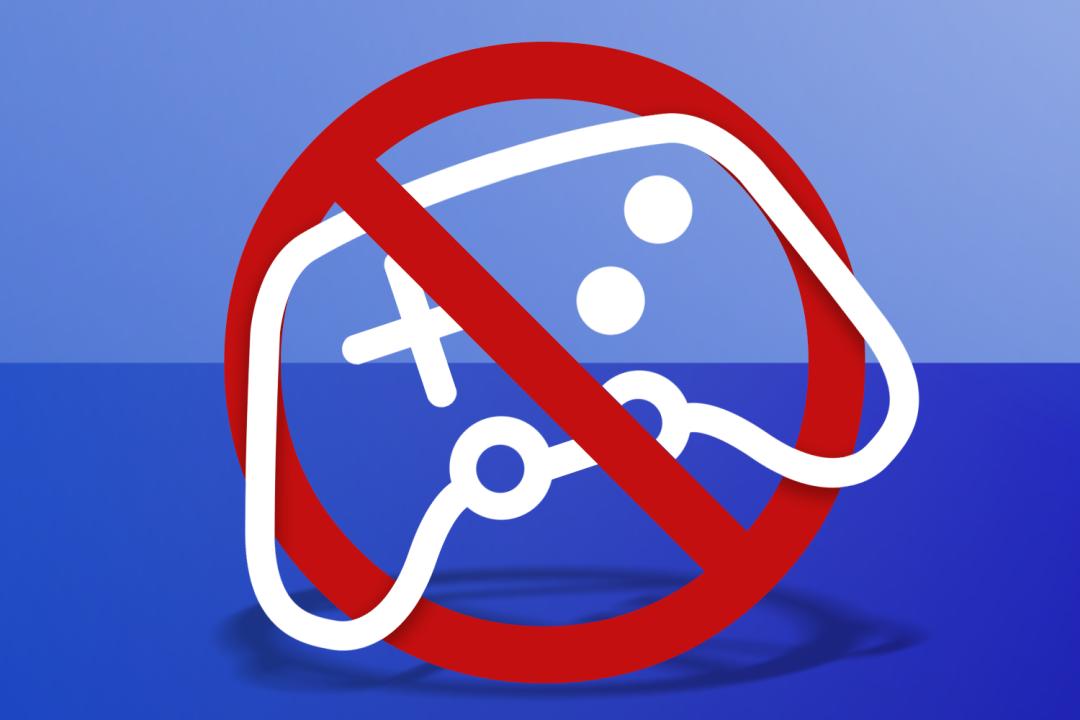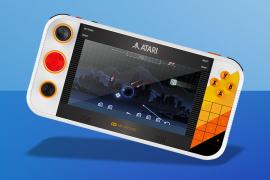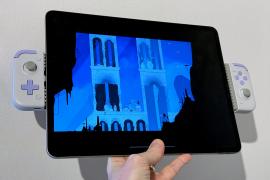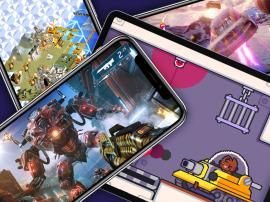Nintendo Switch Sports makes me want to ditch the gamepad – and hope the Switch 2 doesn’t ditch innovation
D-pads. Buttons. Triggers. Analogue sticks. Commercial reasons dictate gamepad uniformity, but I hope there’s always room for something new

Here’s a sentence that’s sure to show my finger as being firmly on the pulse of modern gaming: I really like Nintendo Switch Sports. But I’m not here to point you at the latest and greatest games. (Just as well – despite the recent update, this one rocked up in 2022.) I’m here to explain why I care about something. And in this case, it’s all down to how tired I am of the homogeneity of the gamepad, and how much I miss the days when companies thought differently about controls.
Yes, we’re taking another terrifying trip to the past. And, to be bluntly honest, a past that has a whiff of rose-tinted about it. However, a glance back at games so ancient their sharp-edged pixels could give you a nasty paper cut does reveal a different approach to gaming. Because no-one had defined any strict rules, apart from that games should be fun.
The earliest arcade games all had their own approach to how you’d coax a character around a screen. And those things were, at their best, optimised for each individual game being played. A stark contrast to starting with a gamepad featuring four million buttons and then working backwards.
The joy of sticks
At least, that’s how it feels in my mind. A quick check at actual reality shows something somewhat different, even in the early 1980s. Lots of joysticks and buttons. A bunch of spinners and trackballs. The odd light gun. But that was still variety. And there was nothing like having a spinner hurl your spaceship around a vector tunnel in Tempest. Or getting smashy in proto-Burnout takedown racer Chase HQ with an actual steering wheel and pedals. Or using a trackball to fling, with utmost precision, a marble around the gorgeous isometric landscapes of Marble Madness.
This couldn’t work in the home. Even the most generous parent wouldn’t entertain the idea of you needing to buy a new peripheral for every game. No Star Wars yoke at home for you! Instead, you had to make do with a joystick. Which was rubbish. And although there were brave attempts to bring bits of the arcade home – Atari paddles; light guns that argued with your TV – the writing was on the wall when the gamepad arrived. It took root and evolved, mercilessly obliterating everything in its path, sneering at attempts to shake things up with plastic bongos and fold-out dance mats.
Twist and shout
Still, several companies did buck the trend across the years. The most consistent has been Nintendo – ironic, given that its NES gamepad kicked off the path to controller uniformity. But the company did frequently provide non-gamepad ways to interact with games. WarioWare: Twisted having you fling your console around. The DS inviting you to scribble and shout. The non-standard Wii controller allowing users to mimic real-world actions, making gaming accessible to everyone. At least until someone accidentally embedded a Wiimote in the TV screen.
Ironically, a device with no physical controls at all – the iPhone – further forced game creators to reimagine interaction. As consoles doubled down on ‘gamepad claw’, iPhone games offered unique experiences like the multitouch finger-twisting gameplay of Eliss. At least, until the iPhone’s star faded and the App Store increasingly started importing rather than exporting indie hits, thereby ramping up the number of iPhone games with virtual gamepads – or that demanded a physical controller.
Hence: Nintendo Switch Sports bringing me a boost of joy. Although even that’s arguably a repeat – 2006 reheated. Which is why I hope the rumours about the Switch 2 being ‘more of the same, but a bit better’ are wrong. For me, that’s the last thing gaming needs. It needs something new.



